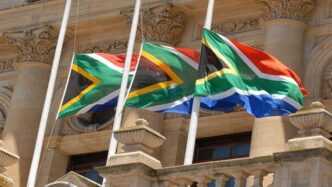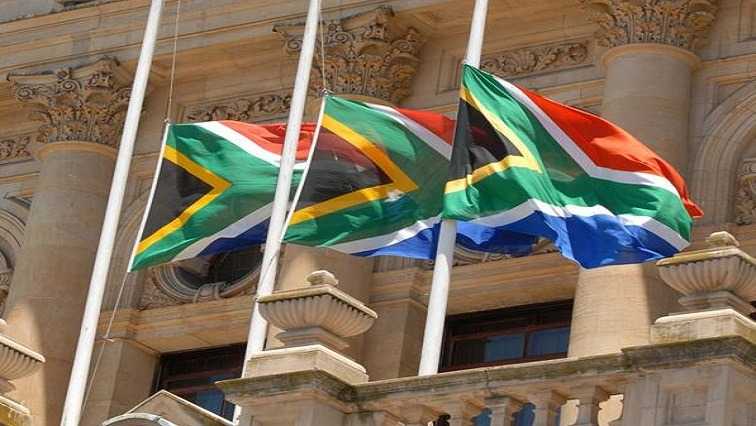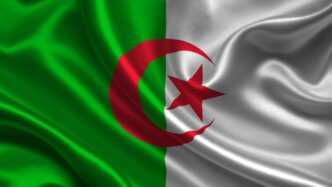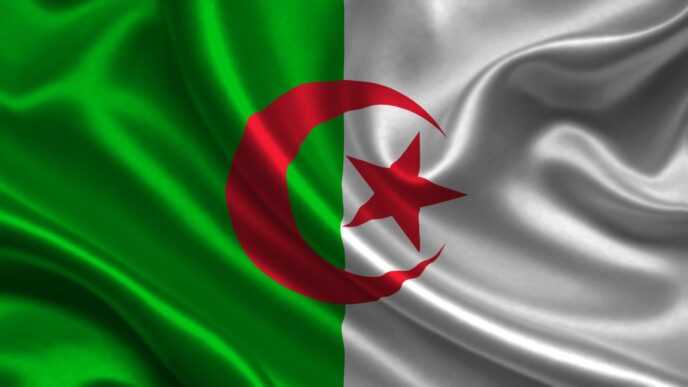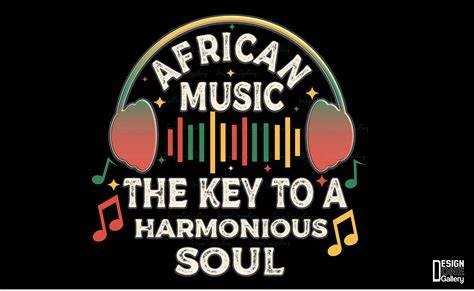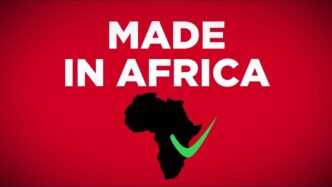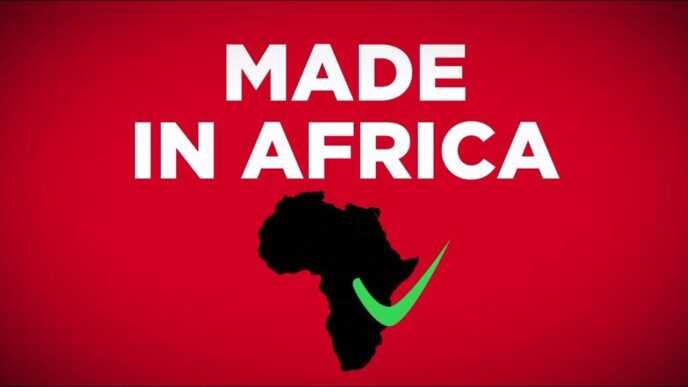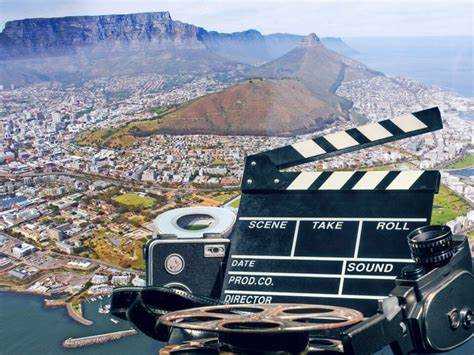A bold proposal by the African Transformation Movement (ATM) and allied political parties is stirring national debate, as the group plans to formally petition Parliament and the Constitutional Review Committee to change the country’s name from the Republic of South Africa to the Republic of Azania.
ATM President and parliamentary leader Vuyo Zungula announced the initiative this week, arguing that the name “South Africa” is a colonial construct with no connection to the indigenous heritage or identity of the country’s people.
“Before 1652, we were not South Africans,” Zungula said. “The name ‘South Africa’ came as a result of the British and the Boers uniting to form the Union of South Africa—a structure designed to further the oppression of indigenous people.”
The push for the name change is grounded in what Zungula and supporters describe as a broader movement to reclaim cultural identity and restore dignity to indigenous communities still grappling with the legacy of colonization.
The ATM argues that, like other African nations that shed their colonial names, South West Africa, becoming Namibia, for example, South Africa too must redefine itself on its terms.
“A country’s name is its identity, its heritage,” Zungula added. “You can’t expect South Africans to hold on to an identity that was imposed on them.”
The proposed new name, Azania, has long been embraced by Pan-Africanists and liberation movements as a decolonized alternative to “South Africa.” Historically used in reference to southeastern Africa by Arab and Persian geographers, Azania has become a symbolic name representing African self-determination and cultural pride.
The ATM and partner parties intend to submit their formal proposal to the Parliament and the Constitutional Review Committee, which would need to initiate a process of public consultation, legal scrutiny, and potential constitutional amendment.
While the proposal is still in its early stages, it has already sparked conversation nationwide, some viewing it as a necessary act of decolonization.
This is not the first time the name Azania has been proposed. During the anti-apartheid era, it was used by liberation movements such as the Pan Africanist Congress (PAC) as a vision for a post-apartheid state built on African values and indigenous history.
The ATM’s renewed call reopens a deeper discussion about national identity, memory, and the psychological weight of colonial legacies in post-apartheid South Africa.
Whether the Republic of Azania will become reality remains to be seen, but the conversation is igniting reflections on what it truly means to name a nation, and who gets to decide.
